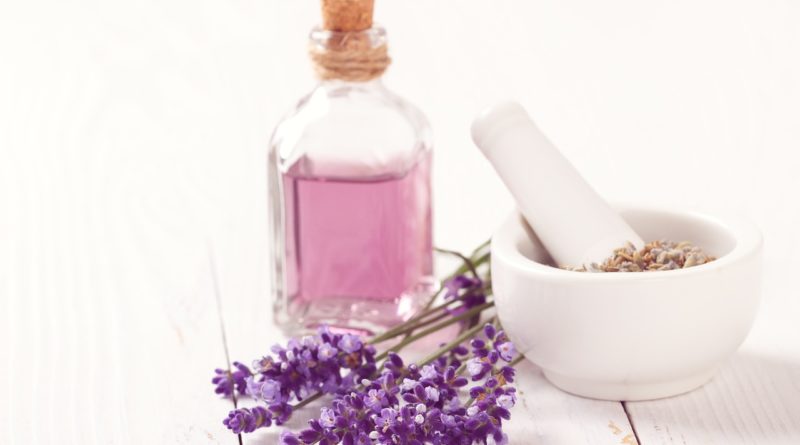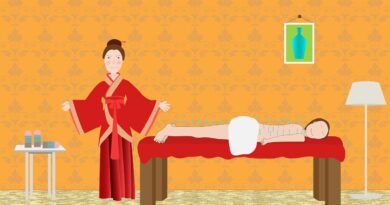Herbalism & Aromatherapy Treatments
Herbalism came from the ancient use of plants and related organic matters in external and internal use to alleviate different ailments. The practitioners of herbalism also claim that it keeps the body healthy and build immunity in a natural way. Sceptics might respond to the efficacy of herbalism is due to the placebo effect, which means that if you think preparation is doing you good, then your condition improves.
The herbalism treatments are not just confined in using aromatic culinary herbs, but it covers ferns, various tree barks, lichens, seeds etc. It is opposed to allopath treatment where things are synthesized chemically or taken the “essence of ingredients”. The plant parts will usually be prepared either to be taken internally, as a medicine or to be applied externally, as an ointment.
The history of herbalism is as old as the human race or older, for many animals have always instinctively sought the plants that would cure their ills. All ancient civilizations probably practiced herbal medicine – largely because there were no alternatives. A plant was so closely identified with its healing properties that later these properties became the basis for official taxonomic classification.
Benefits Of Herbalism
Benefits of herbalism are immense because it is inexpensive and, if taken in moderation, free from toxic side effects – reasons for their popularity with people disillusioned with modern drug treatments. Plants contain substances that naturally buffer and enhance their main ingredients, so safeguarding against the harm caused by using strong constituents in isolation.
The huge range of herbal preparations now widely available can be used both for preventive health care and for helping to treat all manner of everyday ills. Try herbal preparations in place of coffee and tea to reduce your caffeine intake. Herbal remedies have succeeded in relieving many common conditions, including migraine headaches and chronic mucous membrane inflammation.
Unless you are expert in identifying plants and trained in their use you should not try to make your own herbal remedies. To derive the most benefit, especially for more serious or long-standing complaints, consult a qualified herbalist. Herbalists are trained to treat the whole individual, not just a disease or its symptoms. Two patients suffering from the same symptoms might require different restorative remedies.
Aromatherapy & Bach Flower Remedies
Aromatherapy effects on human olfactory senses with highly concentrated, volatile, and often expensive aromatic oils extracted from various plants. It’s similar to herbalism in a way that both practices use plants for preparing their medicines, though aromatherapy is seldom prescribed for internal use. Aromatherapy is used for the treatment of various ailments such as digestive, neuromuscular, respiratory and others. Aromatherapists claim that under the influence of strong and varied aroma, the human system can be purified and treated.
For both baths and inhalations, a few drops of essential oil are mixed in the water. For massage, the pure oils are diluted considerably and penetrate the skin within minutes. Dosage is critical since the same oil can act as a sedative or as a stimulant.
Bach Flower Remedies
Edward Bach (1880-1936), a fully qualified medical practitioner, pathologist, and bacteriologist, became convinced that human illness arose from imbalances caused by negative states of mind. His credo was “treat the patient, not the disease.” Later in his life, he found the cures of he sought in 38 species of wildflower, whose vital forces he captured by steeping the flower heads in sun-warmed spring water.
The seven categories of Bach remedies are:
Fear Rockrose (terror/panic), Mimulus (shyness), Cherry plum (fear of mental collapse), Aspen (fear of the unknown)
Uncertainty Cerato (self-destruct), Scleranthus (indecision), Gentian (depression)
Lack of Interest in the present Clematis (daydreaming), Honeysuckle (clinging nostalgia), Wild rose (resignation/apathy), Olive (post-stress exhaustion, White chestnut (persistent worries, mental arguments), Mustard (depression for no apparent reason)
Despondency and despair Larch (inaction through fear of failure), Pine (guilt), Elm (temporary despair), Sweet chestnut (extreme anguish), Star of Bethlehem (all forms of shocks and sorrows)
Loneliness Water violet (pride, aloofness), impatiens (impatience), Heather (dislike of being alone, self-concern, poor listener).
Oversensitivity to influences and ideas Agrimony (mental torment hidden behind a brave face), Centaury (weak will, exploited easily), Walnut (major life changes such as puberty/menopause), Holly (jealousy, hatred)
Over-concern for the welfare of others Chicory (possessiveness), Vervain (stress caused by over-enthusiasm), the vine (domination, inflexibility), Beech (intolerance, arrogance), Rock water (self-denial). Related Links




